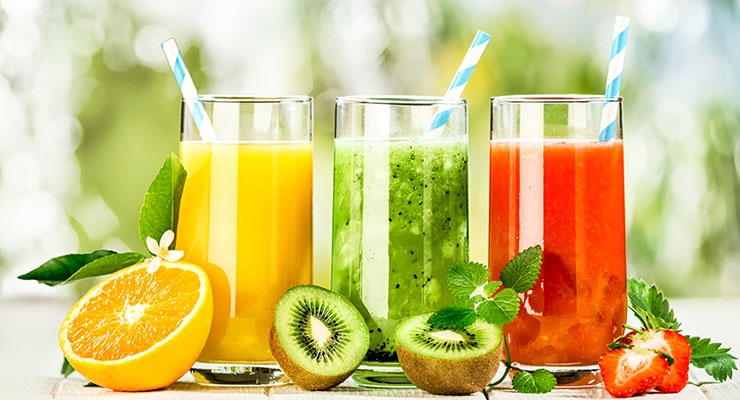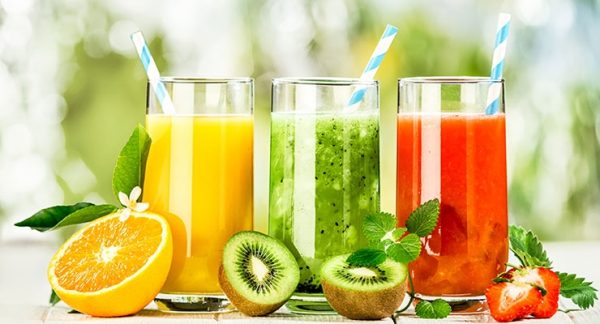Beverages are consumable alternatives to water. This includes carbonated drinks, alcoholic drinks, fruit juices, and other popular (and not so popular) liquid consumables.
Available data from 2016 suggests that Nigeria recorded the fourth biggest sales of soft drinks of any country in the world, behind such countries as the United States, China, and Mexico. About 36.8 million litres of soft drinks were said to have been sold in Nigeria that year.
Read more about Business
Still, the demand for soft drinks and other kinds of beverages remains high and even outstrips supply. There’s such a big market for beverages of all kinds in the country, you’re in very little danger of actually being squeezed out the competition. As far as participants in the market for beverages in Nigeria is concerned, there’s plenty of space for new entrants.
Most beverage types can be sold in different parts of the country. The demand for them tends to be higher in urban areas, where people may be given to having a cocoa beverage as part of their breakfast, or would typically gulp a cold bottle of a carbonated drink while they’re in traffic.
Thanks to Nigeria’s growing population, there will be space for more players in the industry. It’s not by any means saturated, so you can get in and take a share of the market.
The Types of Beverages on Sale in Nigeria
Beverages are usually classified as either alcoholic or nonalcoholic. The alcoholic ones include beers, gins, wine, brandy, whiskey, and champagne; the nonalcoholic drinks include milk, fruit juices, carbonated drinks, hibiscus drink (zobo), yogurt, kunu, etc.
You’re not going to produce them all the same way. If you’d like to sell zobo, for example, you’ll be extracting the juice from hibiscus (and mixing in some additives). But if you’re producing smoothies, you’ll be blending fruits instead.
Nevertheless, the general procedure for setting up is quite similar for most beverages. So we’ll be explaining them here.
Steps to Setting Up a Beverage Production Business
1. Choose the product you’ll be producing
We’ve listed some possible options you could choose from. When you’re deciding, consider your ability to produce the beverage in question, the resources you’ll need to make it happen (time, money, effort, manpower, etc), as well as the consumption patterns and preferences of the people you will be serving.
2. Learn what it takes to make the beverage
By all means, you can read and watch videos online. But it’s even better to see the production process firsthand and learn from people who have been in the business for a while.
You will not only learn how to make the drink you want to sell, but you’ll also gain insight into running this sort of business.
3. Decide on a production location
You may start at your home and gradually grow your business until it requires a larger space. But if you want to begin on a fairly big scale, you could rent a space for production.
Find our comprehensive listings of businesses in Nigeria here
Bear in mind the issues that come with high rent costs, like having to pass on costs to final consumers and the possibility that your product could be more expensive as a result. Choose a space with relatively affordable rent, one that’s also accessible to retail distributors and any possible outlets you might be selling to.
4. Register with the CAC
The Corporate Affairs Commission is charged with registering businesses in Nigeria. You can register your business name with them and get certified as an entity recognized by the government. See how to register your business with the CAC here.
5. Register your trademark
Give your business a name and package your product with a logo that’s owned by you. You can ensure that your logo and trademarks are recognized as yours and yours alone by having them registered with the trademarks, patents and design registry of the Commercial Law Department at the Federal Ministry of Industry, Trade and Investment.
6. Register with NAFDAC
The National Agency for Food and Drugs Administration and Control (NAFDAC) works to ensure that food and drugs produced in Nigeria or imported into the country meet specified safety standards. You will be required to register your product with them and have it confirmed as safe for consumption by the public. This usually takes three months.
7. Purchase equipment and other input
Most beverage producers would need the following to start with:
- Filing machinery
- Bottling equipment
- Water plant
- Power source
- Packaging (bottles)
- Ingredients (depending on the beverage you’re producing)
If you’re making fruit juice, for example, you’ll also need juice extraction equipment, as well as a reliable supply of fruits from a trustworthy source. If you’ll be making zobo, you’ll want a good source for the hibiscus from which you will extract the juice.
8. Start producing
When you’ve put your location in order and have the basics you need to start producing, you can kick off operations.
9. Market your product
Tell family, friends, and acquaintances about your business and get them to patronize you. Speak with retail outlets and see if they’re willing to sell your product. Market on social media as well, taking advantage of the reach of platforms like Instagram and Facebook.
Most importantly, make sure your beverage is really good, and work to keep your customers happy with your offerings. A good product, coupled with excellent customer service could do more to grow patronage than all your other marketing efforts.
Featured image source: Brit News NG
Got a suggestion? Contact us: editor at connectnigeria dot com


